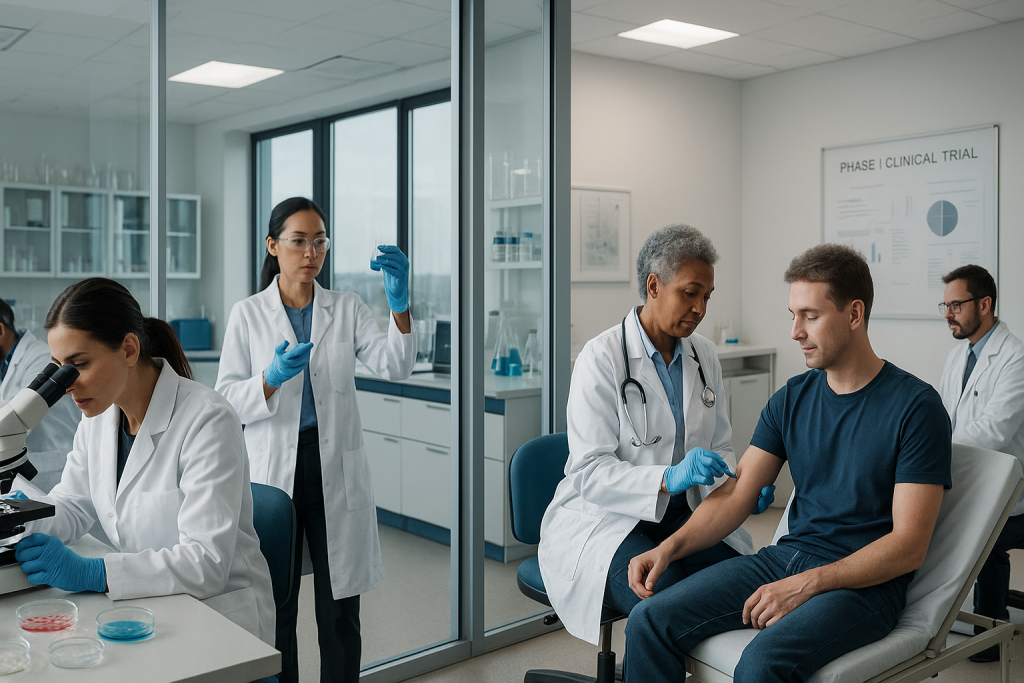In the realm of mental health, innovative approaches to PTSD treatment in Chicago offer a unique approach into how pharmaceutical companies evaluate the effectiveness of new drugs. Before any medication becomes available to the public, it must undergo rigorous testing to ensure safety, potency, and effectiveness. The structured and evidence-based nature of PTSD drug trials provide insight into the complex world of pharmaceutical research and development.
From Lab Bench to Animal Trials
Before a drug is tested on humans, researchers start with preclinical studies. These involve laboratory experiments that examine how a compound interacts with cells and biological pathways.
If the compound shows promise, it’s tested on animals to observe effects on a living system, monitor side effects, and determine initial safety parameters. This early stage is crucial in identifying red flags before moving forward.
Phase I Trials: Focusing on Safety

Once preclinical results are promising, pharmaceutical companies begin Phase I trials with a small group of healthy volunteers. The goal here is not to test how well the drug works, but to study how the body absorbs, distributes, metabolizes, and excretes it. Researchers closely monitor side effects, tolerability, and appropriate dosage levels during this critical step.
Phase II and III: Efficacy and Wider Testing
In Phase II, the focus shifts to testing how effective the drug is for a specific condition, in this case, PTSD. The subjects are typically people who have already been diagnosed with PTSD. Phase III on the other hand is focused on a larger group of people and diversified population.
The goal is to confirm results across demographics and compare the new treatment with existing standards.
These phases also uncover rare side effects and provide a broader safety profile.
Clinical Trials in Advancing PTSD Treatment Chicago
The rigorous clinical trials conducted as part of PTSD Treatment Chicago initiatives demonstrate how localized research contributes to the global pharmaceutical landscape. By partnering with major hospitals, universities, and clinical labs, Chicago has become a hub for testing new psychiatric medications under real-world conditions. These trials not only assess how well the drug reduces PTSD symptoms but also evaluate patient feedback, long-term adherence, and improvements in quality of life.
Insights from these studies often influence national treatment protocols and lead to the approval of more personalized and effective medications.
Regulatory Approval and Ongoing Monitoring
After successful Phase III trials, the pharmaceutical company submits its findings to regulatory bodies like the FDA for approval. Even after a drug is released, Phase IV or post-market surveillance tracks long-term effects and safety in real-world settings. This helps identify any issues that didn’t appear during trials and ensures ongoing patient safety.

